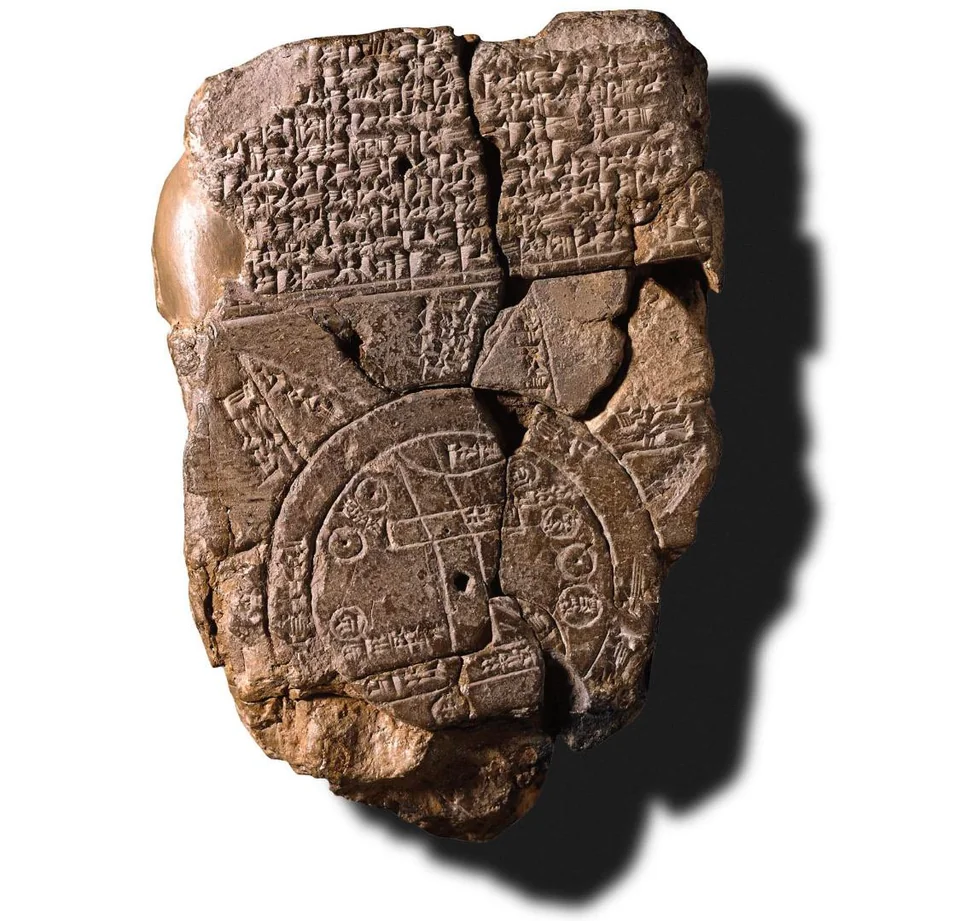
To get straight to the point, this article has nothing to do with Roland Emmerich's 1984 film of the same name, initially. It references something I realized in my Quran class many years ago, in the 1970s.
By Emad Aysha
I asked about Noah’s Ark and the animals coming in two by two, probably because I’d just watched The Bible in the Beginning... (1966) at home with my parents, and I reasoned that it couldn’t have happened ‘that’ way. There wouldn’t have been enough time to get all the range of different species we have today for something that occurred merely thousands of years ago.
Evolution couldn’t have worked that fast, and the ship couldn’t have been that big. To my surprise, the teacher was ecstatic. He looked intrigued and explained that while the flood was massive, covering entire mountains, nothing in the Quran said it covered the whole planet. So, it was most likely a local event, no matter how cataclysmic.
As a grown-up, I can add to this interpretative conundrum since the word ‘world’ wasn’t used in the past like it is today. The Greeks meant the Greek world by world war, just as the Europeans used it to refer to Europe—hence, the world state in Immanuel Kant really means the European Union. And the first ‘world’ war was European as well.
In Arabic usage, it’s a bit clearer because we describe God as the Lord of the ‘Worlds’, in plural, referring to other human beings, the animal and plant kingdoms, and also the hidden world of the jinn and the afterlife. But who knows, maybe it also refers to other dimensions and aliens in outer space!
That being said, there is another dilemma in the Quranic story of the Prophet Noah that still lingers to this day: how long he lived. He is supposed to have preached to his people for dozens of years to no avail, then was ordered to wait until he reached 950 when the trees grew tall enough to make the Ark.
Modern-day Quran scholars say this concerns the dating system, so it shouldn’t be taken literally. Kids at school, however, think that people in the olden days were giants and near immortal. By luck, I got to think about this aspect of the story. Then I remembered something I’d watched from TV, an episode of In Search Of The Garden Of Eden ... With Leonard Nimoy (1978) talking about Bahrain of all places and how it's mentioned in Babylonian and Assyrian texts as a place where death was finally conquered.
This, in turn, reminded me of a 2005 BBC documentary about Mesopotamia (What the Ancients Did for Us, S1.E6). It talked about Gilgamesh going to the land of Dilmun in search of the bush of immortality, which is modern-day Bahrain. To this day, there are Babylonian graves there, and the island is the world centre of pearl diving with fresh-water springs in the sea.

PUZZLE PIECES: A Babylonian map that proves that the ark landing on a mountain was more than common knowledge, but a tourist attraction!
Then it clicked. Maybe they had found some cure for old age there, some rare mineral, plant extract, or mollusk that either made you immortal or slowed down ageing phenomenally. That would explain Noah’s longevity. And he would have to live that long anyway to get the trees for his Ark since Iraq is weak in timber.
In the epic story, Gilgamesh had to travel north to get timber to build his own navy. The story was updated in the Babylon of Hammurabi, and from there, the Flood was added. Something like an immortality drug would make the people at Noah’s time terribly arrogant. They thought that the gods were on their side and so ignored the genuine likelihood of a flood in an unstable environment like Iraq.
Leonard Nimoy did another In Search Of episode on Noah’s Ark, talking about a British bank clerk in 1870 who found a cuneiform trace of the flood with Uta-napishtim rescuing himself and his people, with many animals too, on a boat. The fact that somebody was alive to write about this after the event belies the traditional interpretation of the Biblical and Quranic accounts, of course, but it is food for thought.
It could also just be that massive floods were regular occurrences, and an ancient civilisation's technological arrogance, abundant wealth, and military power made them think they were invincible. That’s essentially what happened to the people of Lot, as described in detail in the Quran, and what happened to the people of Pompeii, who had the sheer nerve to build their town next to a live volcano.
It was the volcanic ash, perfect for growing grapes for the wine business – their ultimate downfall: their greed and arrogance. (And the people of Lot were punished beforehand with respiratory diseases, not just venereal diseases, and I’d wager from volcanic ash).
Getting back to Emmerich’s movie, scientific arrogance (driven by superpower politics) is a central theme as spies try to use an orbiting platform (Florida Arklab) to manipulate the weather on Earth because of a political confrontation in the Middle East. In the process, a massive flood happens.

TIGHT SPOT: 'The Noah's Ark Principle' (1984). Even in outer space there's local politics to contend with.
Noah is mentioned because he (supposedly) sacrificed his children, so the witnesses are sacrificed – a misreading of holy scripture. And if you localise the flood, as we did above, you stop thinking in self-righteous terms of the chosen and the damned. The issue is man playing God, pure and simple, transposing the Gilgamesh narrative into the realm of ethics in science fiction.
The important thing is to be sceptical, both with creationists and evolutionists alike, since both use fact and fiction to make themselves out to be chosen. And it’s not like either group is immortal!







La lecture de cet article débouche sur une réflexion qui est tout à fait d'actualité ... Merci